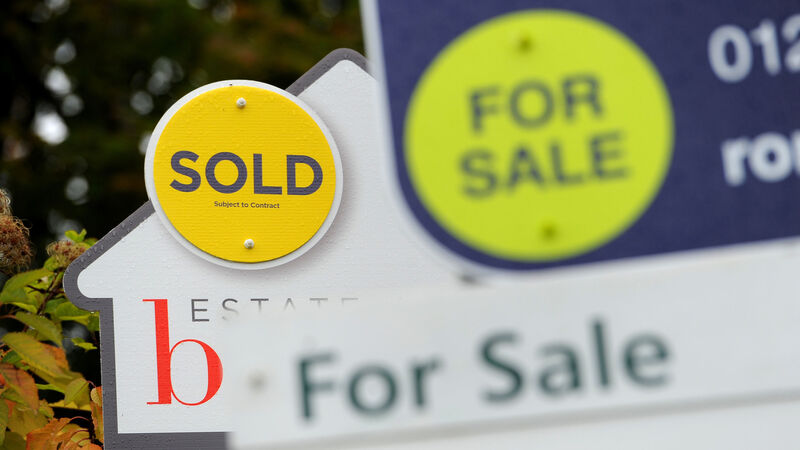UK house prices surge despite tax break end

The growth in UK house prices shows no sign of slowing down even with the partial removal of a stamp duty holiday in England.
The average UK house price reached a fresh record high in August while annual inflation cooled to a five-month low, after the partial end of the stamp duty holiday in England and the North.
Halifax, one of the UK’s biggest mortgage lenders, said the average cost of a property increased by 0.7%, or £1,789, to £262,954 (€307,000), topping the previous peak of £261,642 recorded in May.











